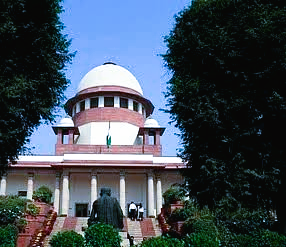(OT Webdesk)In a decisive move to address the alarming rise in student suicides, the Supreme Court of India has issued 15 nationwide guidelines aimed at transforming mental health support across educational institutions.
Citing NCRB data, the court highlighted a disturbing increase in student suicides—from 5,425 in 2001 to 13,044 in 2022—calling it a “systemic failure.”
The guidelines, legally binding under Article 141 until legislation is enacted, mandate reforms in schools, colleges, universities, coaching centers, and hostels. Key directives include:
- Uniform Mental Health Policy: Institutions must adopt policies based on UMMEED, Manodarpan, and the National Suicide Prevention Strategy, reviewed annually and publicly displayed.
- Mandatory Counsellors: Institutions with over 100 students must appoint trained mental health professionals; smaller ones must maintain referral links.
- Exam-Time Support: Dedicated mentors or counsellors must assist students during exams and academic transitions.
- No Academic Segregation: Performance-based grouping and unrealistic targets are banned.
- Visible Helplines: Tele MANAS and other helpline numbers must be displayed in hostels and classrooms.
- Infrastructure Safety: Residential campuses must install tamper-proof ceiling fans and restrict rooftop access.
- Staff Training: Biannual mental health and suicide prevention training is mandatory for all staff.
- Grievance Redressal: Confidential systems must be in place to address harassment, bullying, ragging, and discrimination.
- Coaching Centre Regulation: States and UTs must register and regulate private coaching centers within two months.
The Centre has been directed to submit a compliance affidavit within 90 days, with a review scheduled for October. These reforms mark a pivotal shift in prioritising student well-being and institutional accountability.





